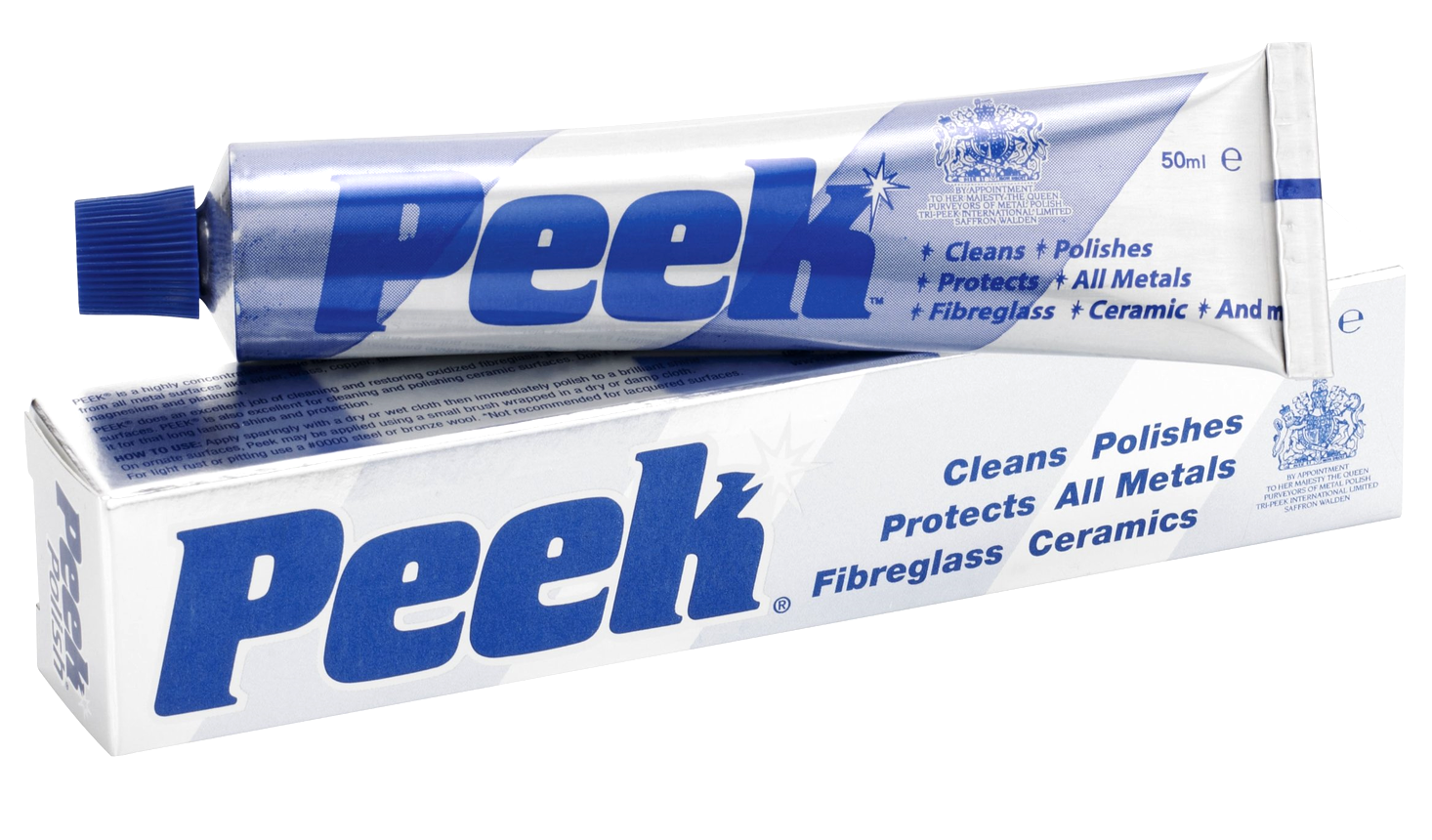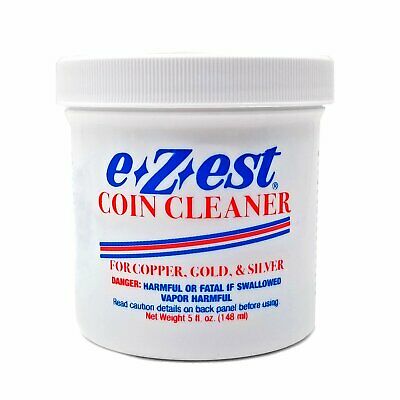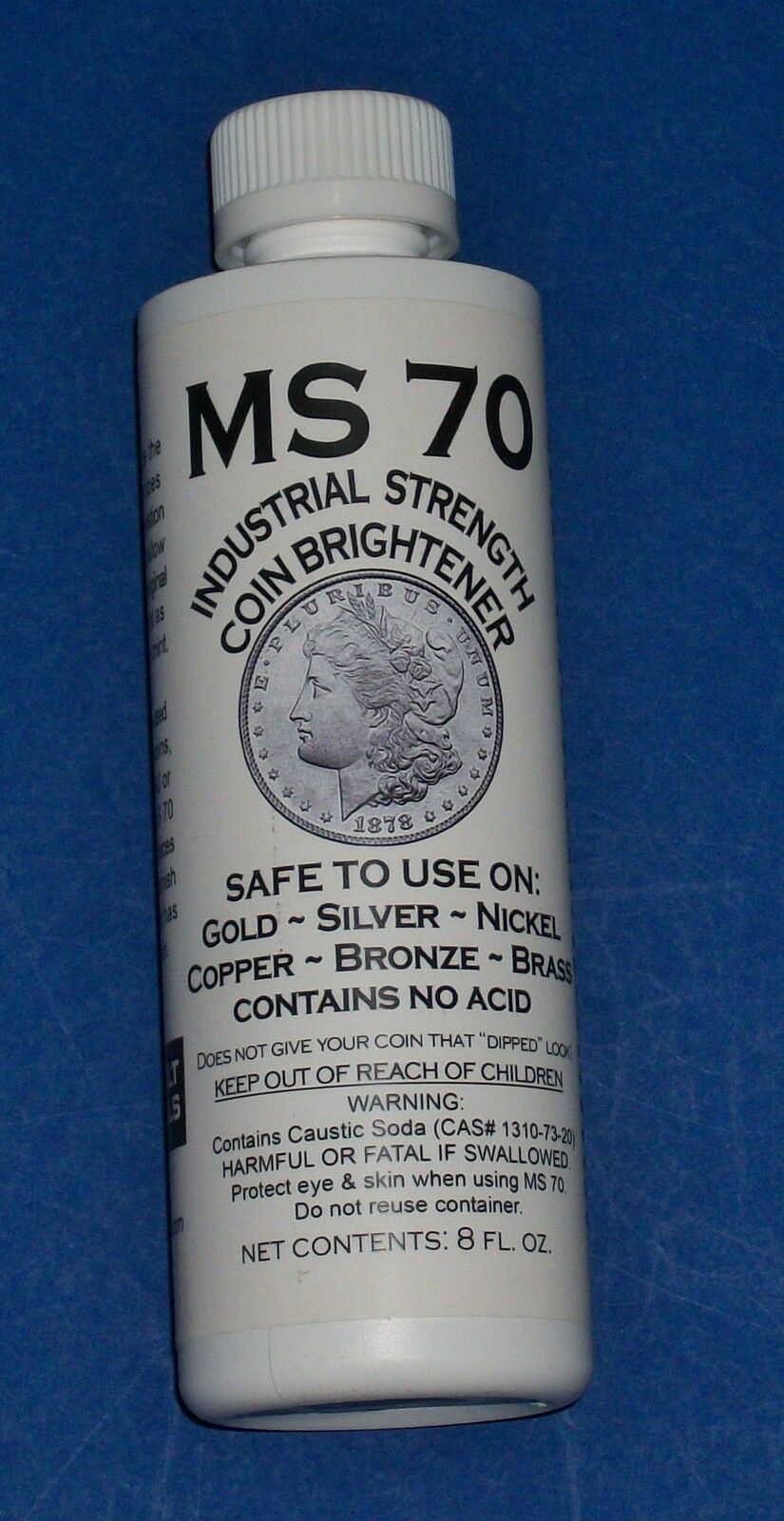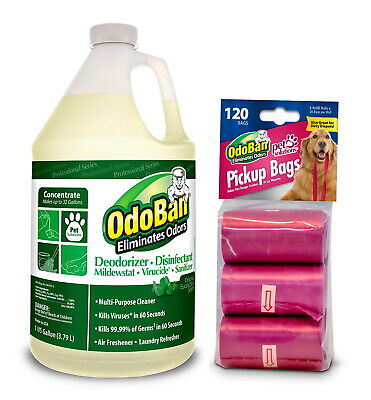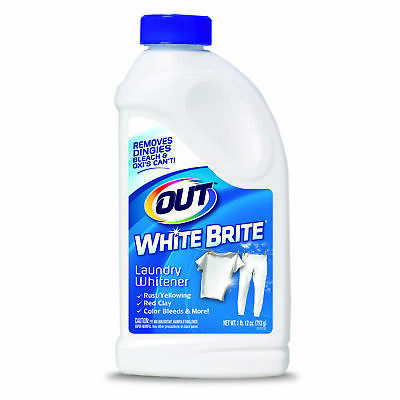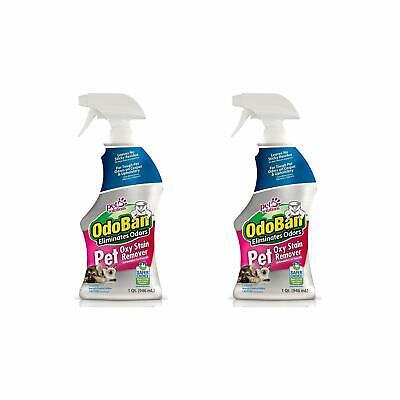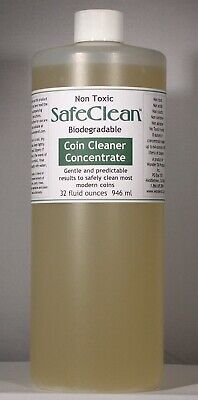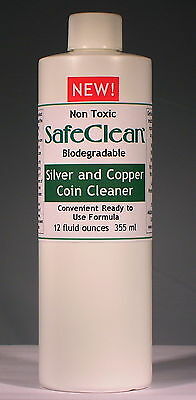-40%
THE POLISH WE USE 2 CLEAN ANY & ALL METAL COINS! BEST PRODUCT 4 THE MONEY! 100ML
$ 7.91
- Description
- Size Guide
Description
We combine shipping!Add any items in our store to reduce shipping. PUT ALL ITEMS YOU WANT IN YOUR CART AND REQUEST TOTAL!
Big 100ml Tube for the Price Others are Selling the 50ml size for!!
This is the only metal polish under Royal Warrant to the Her Majesty the Queen of England!
Take a Peak at Peek ~ You Won't Ever Need Another Coin Cleaner
While operating our Wall Street History Stand we needed to clean thousands of coins composed of many different metals - copper, brass, bronze, silver, copper-nickel, nickel, steel, zinc, gold, pewter, aluminum, you name it. The only cleaner we found that worked on ALL of these was this one!! (It also works on 38 other hard surfaces!). Not only that, but it was far more economical than other cleaners. The offered size (100 ml) can clean hundreds of coins!
How to use for coins:
1) Apply a tiny dab to one side of a coin with a q-tip. A little goes a long way!
2) Spread it evenly over the surface.
3) You can work it into dirty or tarnished nooks and crannies with the q-tip. For lower value coins you can even use a toothbrush.
4) Do the same on the other side.
5) Use a soft jeweler's cloth or clean soft old white cotton t-shirt without printing on it to polish both sides of the coin, gently moving it between your forefinger and thumb. The area of cloth in contact with the coin may turn black, grey or green.
Avoid using that area of the cloth
when you repeat the polishing motion, which you can do several times to achieve maximum luster. This will also avoid rubbing back in what just came off the coin.
If the coin is worth more than , rub very gently to avoid leaving any hairlines (this is the least abrasive polish we have found but rubbing some metals too vigorously may leave microscopic hairlines). If the coin is below VF and you really want to make it shine you can rub it back and forth on the cloth while it's on a hard surface which will turn the cloth black! Copper, copper-nickel, nickel, zinc and brass are fairly resistant to hairlines but higher grade (above VF) silver coins require a bit of finesse to avoid signs of cleaning....to wit, hairlines.
This is the perfect product for cleaning and shining low and mid-grade coins. You can use it on higher grade coins, too, but be aware it will remove any "patina" or toning and, as with any cleaner, you have to be extra careful not to rub too hard when polishing. To restore luster to, and remove haze or spots from, a high value silver or gold coin, you can use a coin dip like MS70 or EZ-EST but you have to be careful with those not to discolor your coins especially coppers. Also, the various dips are way too expensive and no more effective than Peek for lower and mid-grade coins.
We have found that coins cleaned with this polish are less likely to re-tarnish, develop "haze" or otherwise interact with the environment months or even years after use as is the case with some cleaners.
Turns an Indian Penny so dark and thick with gunk that you can hardly recognize it into a bright shiny orb, even if it's way down on the grade scale!
PEEK Polish is a non-corrosive, non-irritant, non-oxidant product. It can be used in a variety of areas including the household, marine industries, and aeronautical industries and more. Not only does PEEK Polish clean surfaces, but it protects them as well.
What Does PEEK Polish Clean and Protect?
PEEK Polish cleans, polishes, and protects the following: Brass, silver, copper, gold, chrome, stainless steel, bronze, pewter, fiberglass, plexiglass, acrylic, aluminum, ceramic tile, marble, melamine, formica, arthurite, sterling silver, and more.
What Does PEEK Polish Remove?
PEEK Polish removes the following: Oxidation, tarnish, lime or scale deposits, corrosion, crayon, grease, carbon spots (most), "haze", water and salt water stains, leaf marks, tree sap, bugs, tar, black marker, finger prints, graffiti, minor rust, ink, food stains, blood stains, smoke damage, water marks, wax build-up, gun powder residue, heat discoloration, general "crud" lodged on old coins, and more.
